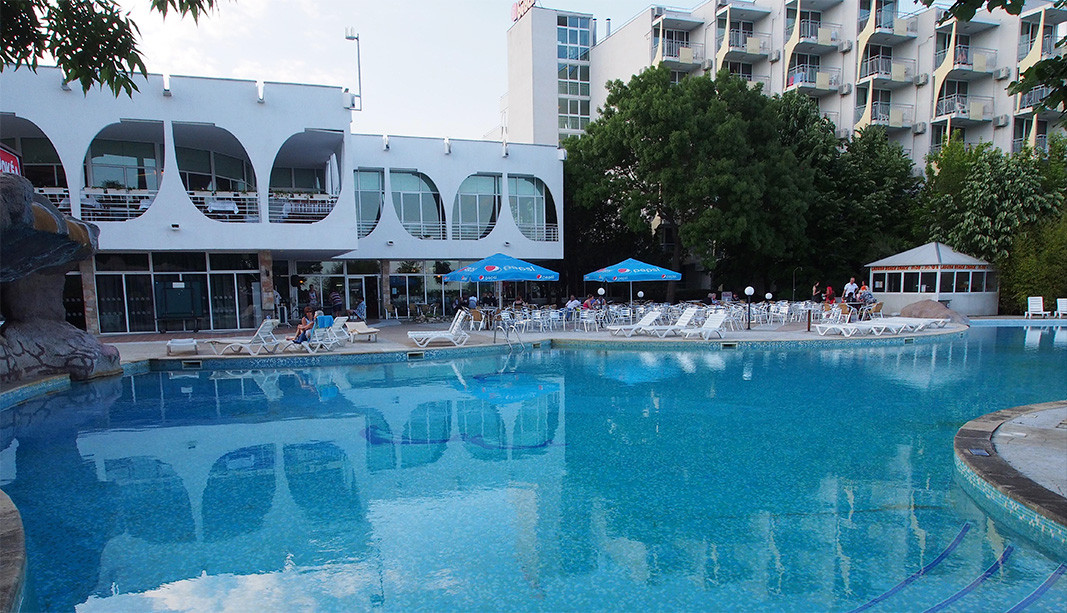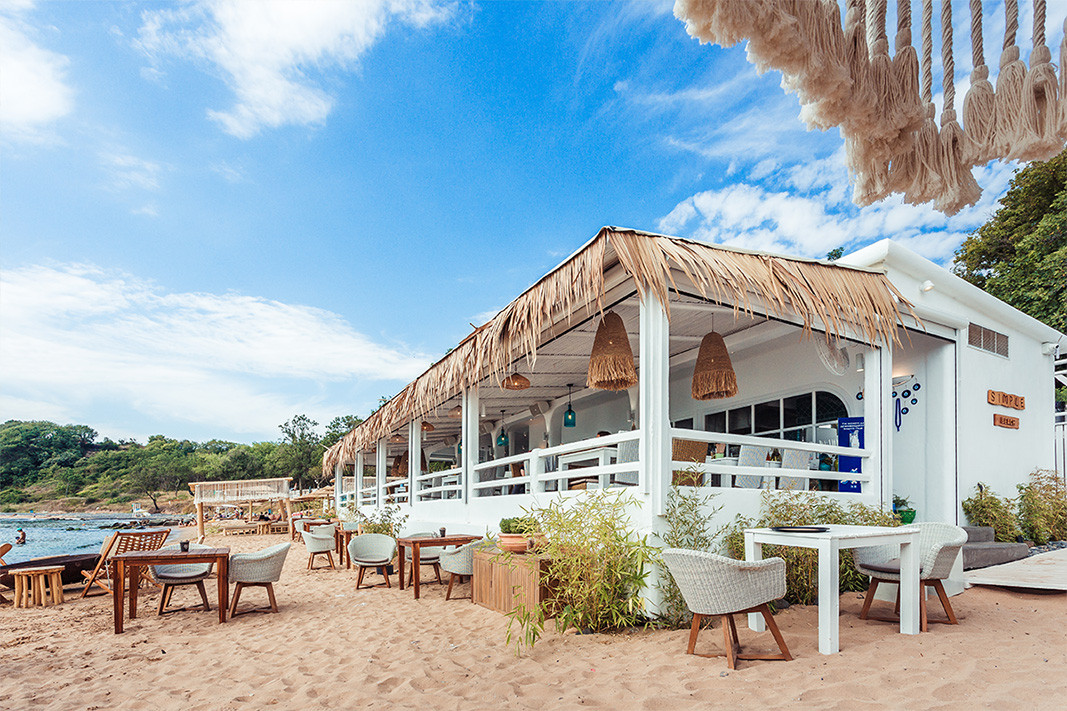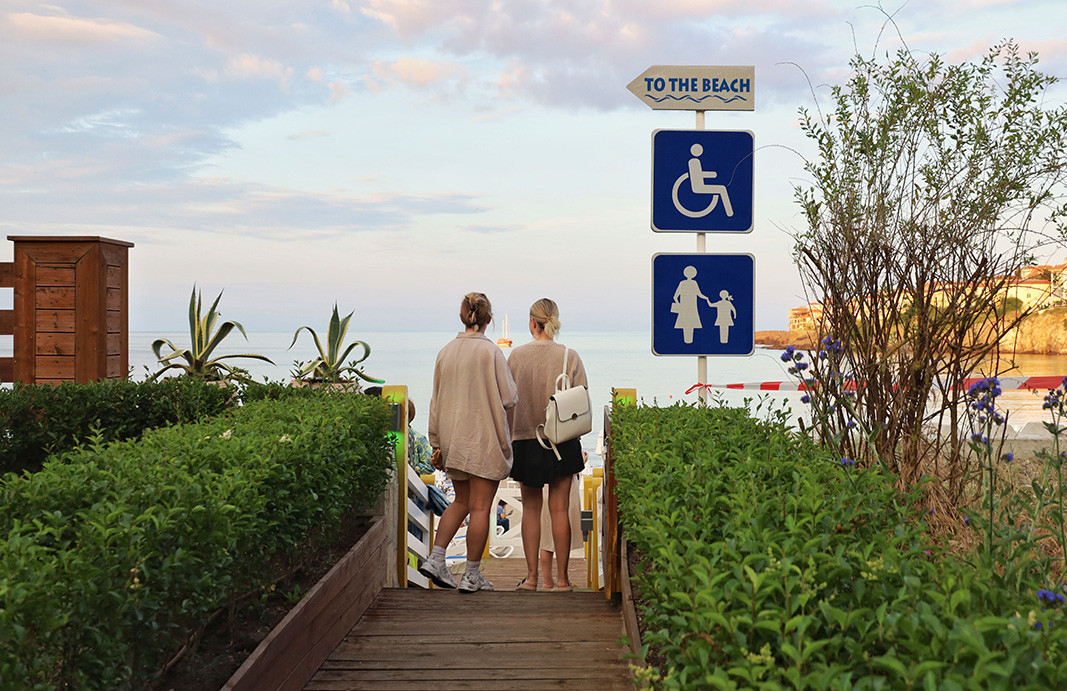As June is nearing its end, Bulgaria’s biggest seaside resorts remain comparatively empty despite the predictions we were in for a successful tourist summer in 2023. There are several reasons for this – starting with the continuing post-pandemic recovery of the tourism industry, Russia’s war in Ukraine which is causing concern among foreign holiday-makers, and ending with the unusually cool spring. As usual, the sector is very much relying on Bulgarian tourists to fill up the resorts during low season. But this year the bad weather and the heavy rains have also had an additional effect.
“When they look out of the window and see the weather, people are either not making reservations, or are cancelling their bookings, especially if the hotel does not offer spa services or some other kinds of attraction,” says tourism expert Konstantin Zarkov and adds:

“We usually start July with everything bursting at the seams, of course in July and August there are no vacancies, but at the end of August resorts begin to empty a little. That is the time, at a destinations level, to offer attractive packages like festival events, different diversions in the wings of the season, so as to encourage people to come, but not just for a seaside vacation. A holiday is not just warm sea and sun. Tourism is a hybrid product that has a lot to offer at a single destination,” Konstantin Zankov says.
Many hotels on Bulgaria’s Black Sea coastline have been complaining of a slow start to the season. The reason, observers say, is that they are not working with tourist groups or with school camps. To fill their capacities, they relied most of all on individual bookings. Besides that, they do not offer spa centres or other kinds of attractions to compensate for bad weather. But the slight recovery on the British market and the bookings from neighbouring countries give hope that there will be more tourists coming, albeit in mid-season.
Bulgarian tourists are key for the industry – the best kind of clients, hotel operators say. “The reason is that Bulgarian tourists come back several times in a season, recommend places to friends and relatives, write reviews. They also pay for additional services instead of relying just on all-inclusive services,” says Konstantin Zankov. Bulgaria’s Black Sea coast has one more advantage:
“In Bulgaria we have a unique combination of diversity of resorts. For example, a specific type of clients opt to go to Kiten – they are the younger tourists. In Primorsko, which is just a few kilometres away, a different kind of services is offered for family holidays. Both rely to a great extent on Bulgarian tourists, though they do get tourists from abroad as well. Going further North, we reach Sozopol where there are more foreign tourists and different lengths of stay, and there a different kind of product is offered. For example, there are practically no all-inclusive options there.
In Chernomorets, which is, to all intents and purposes, merged with Sozopol, there are practically no tourists from abroad. There are a great many campsites there, some are luxury campsites, lots of family hotels, guest houses, but that is a different kind of vacation altogether. So, in the space of some 20 kilometres we have 4-5 seaside resorts which are completely different and within this narrow stretch we have supply and demand by customers that are very different. But the active season in this country is very short, that is why what we need is a sustainable policy for the development of tourism instead of relying on the principle of “making hay while the sun shines,” says Konstantin Zankov in conclusion.
More:
Translated from the Bulgarian and posted by Milena Daynova
Photos: BGNES-archive, BTA-archive, camping.bg
St. Valentine's Day is the most long-awaited holiday for lovers and the Bulgarians have a special advantage as we can combine it with Trifon Zarezan- the holiday of wine. And when there is wine, there is love. This wonderful symbiosis..
Bulgaria’s Minister of Tourism Miroslav Borshosh held a working meeting in Brussels with Glenn Fogel, Chief Executive Officer and President of Booking Holdings. The meeting took place during Destination Europe Summit organized by the European Travel..
The flow of visitors to the Bulgarian stand at the 28th East Mediterranean International Tourism & Travel Exhibition EMITT does not stop. The exhibition is held until February 7 in Istanbul and is among the five largest tourism..

+359 2 9336 661
